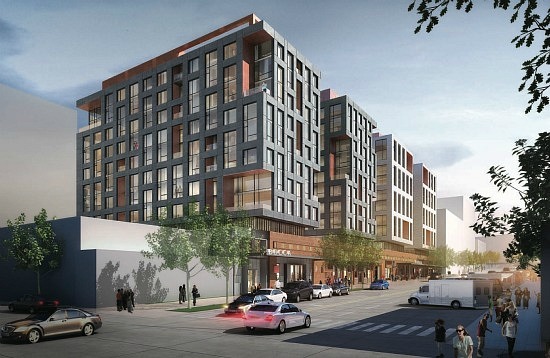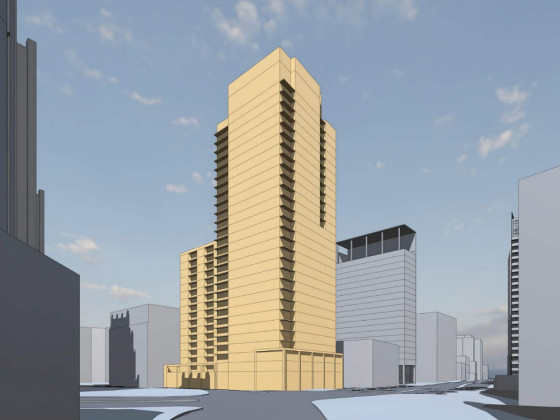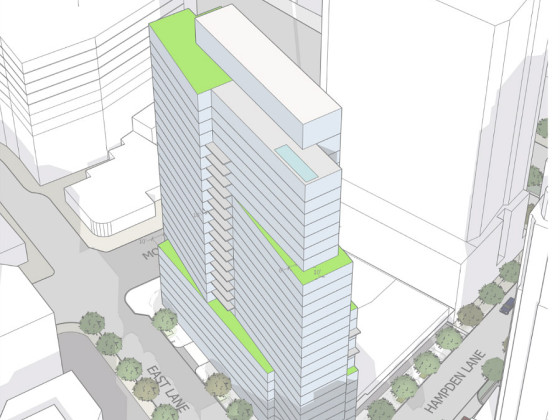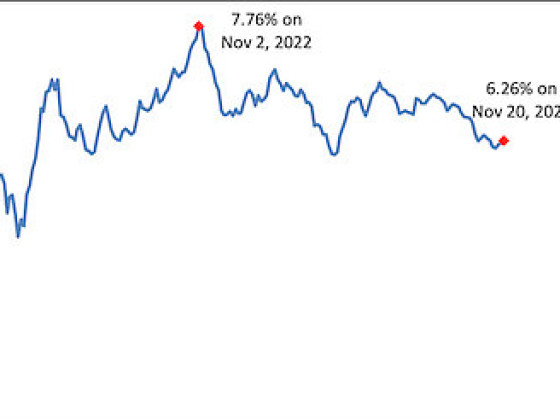 How Renting an Apartment is Like Buying a Plane Ticket
How Renting an Apartment is Like Buying a Plane Ticket
✉️ Want to forward this article? Click here.

A planned residential project near Union Market.
These days, renting an apartment is more and more like buying a plane ticket.
New lease-optimization software — used by more than half of the apartment properties in the DC area, according to an expert’s estimate — means leasing companies can modify the rental rate for an apartment based on tiny changes in market inventory and demand. In general, that means fewer deals are being doled out concession-style, where owners would offer one month free rent or free parking to get new tenants into a building in a market with more supply than demand. Now, they can just take a look at the market and determine exactly what a unit is worth on any given day using revenue management software like YieldStar and LRO’s Rainmaker.
The price of a plane ticket is hard to predict because they operate in a similar way. Your seat in 11C could cost hundreds more or less than 12C, based solely on the market conditions when the ticket is purchased. The airlines use historical buying patterns, current supply and demand, competition, the price of fuel and other factors to determine the price of a seat, which can fluctuate from hour to hour. The lease-optimization software YieldStar works similarly, by using historical data and current market conditions in a specific area to price a particular rental unit on any given day.
Ultimately, this means renters have to be more intentional about their apartment search — and ready to pounce when they find a good deal.
UrbanTurf spoke with William Rich of real estate research firm Delta Associates, who said the use of this type of software has become so prevalent that Delta has pretty much stopped tracking concessions as a metric altogether.
“We used to report on concession data in our reports, but since this software is now being used by more and more property owners, the statistic is not really applicable,” Rich said. “Prices change daily, so you don’t find the ‘one month free’ offer or some discount off of fees or that sort of thing any more.”
The exception is brand-new Class A buildings that are trying to lease all their units for the first time, and still use concessions to get renters in the door. Once they’re established, Rich said, property owners are better positioned to play the market.
“More than half of the properties we survey per quarter are now using [some type of software],” Rich said. “It’s pretty much across the board.”
For developers, the use of the software enables them to charge more for units when the market allows it and fill units faster when the climate is more favorable to renters. As we’ve previously noted, a lot of new Class A apartments have come onto the market in 2014, resulting in a high level of inventory. That’s made DC’s market a little more biased toward renters.
The trend toward lease-optimization software means the more aware renters are of the market, the more likely they are to snag an apartment at a good price.
“Consumers need to be more conscious when they’re looking for apartments,” Rich said. “The price for a specific unit may fluctuate from day to day. If they look on a Saturday for a unit and then they look a couple of days later, the price of the same unit may have risen a couple hundred dollars a month.”
See other articles related to: lease optimization software, renting
This article originally published at https://dc.urbanturf.com/articles/blog/how_renting_an_apartment_is_becoming_more_like_buying_a_plane_ticket/8840.
Most Popular... This Week • Last 30 Days • Ever

UrbanTurf takes a look at the options DC homeowners and residents have to take advant... read »

A major new residential development is on the boards for a series of properties near ... read »

A new report from DC’s Office of Revenue Analysis highlights how millennials and wo... read »

The building is the second proposal for a pair of aging office buildings in downtown ... read »

The central action before the Board is a rezoning request for the nearly 36-acre site... read »
- A Solar Panel Primer for DC Residents
- 29-Story, 420-Unit Development Pitched For Middle Of Downtown Bethesda
- How DC's Population Changed During And After The Pandemic
- Fitting In: A Narrow 260-Unit Apartment Building Pitched For Bethesda
- Arlington County To Weigh Major Actions Advancing RiverHouse Redevelopment
DC Real Estate Guides
Short guides to navigating the DC-area real estate market
We've collected all our helpful guides for buying, selling and renting in and around Washington, DC in one place. Start browsing below!
First-Timer Primers
Intro guides for first-time home buyers
Unique Spaces
Awesome and unusual real estate from across the DC Metro














